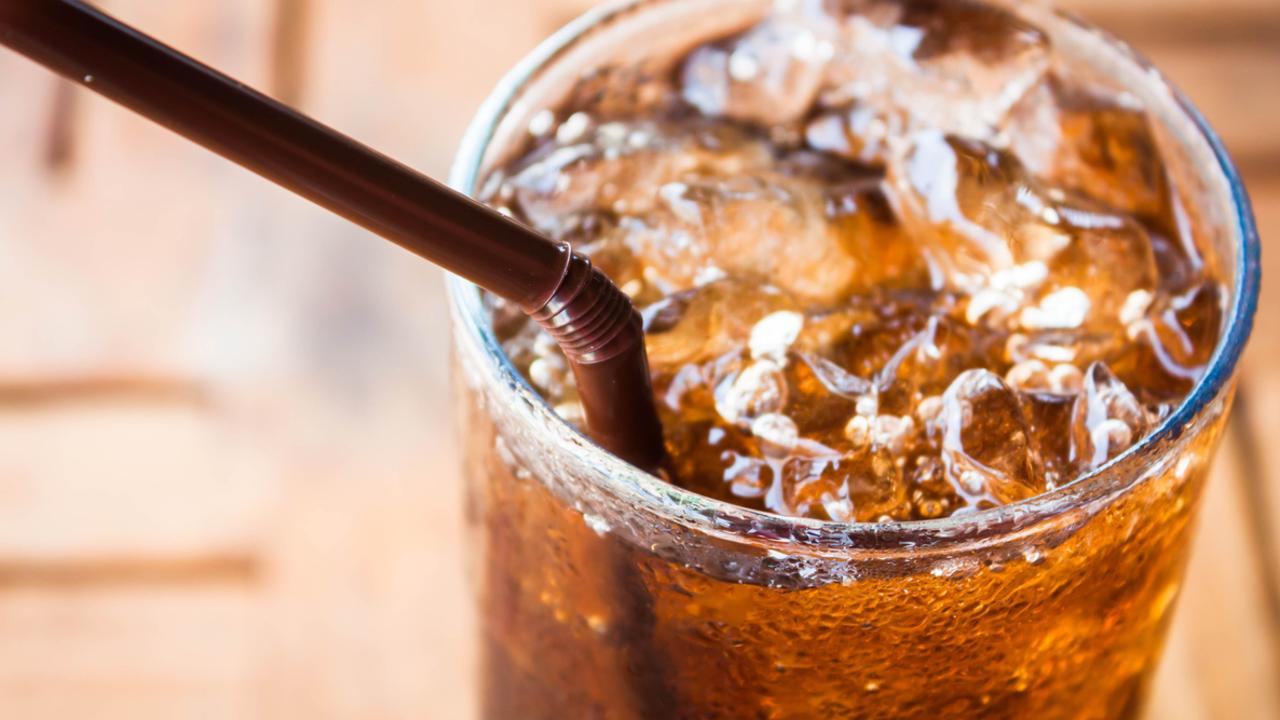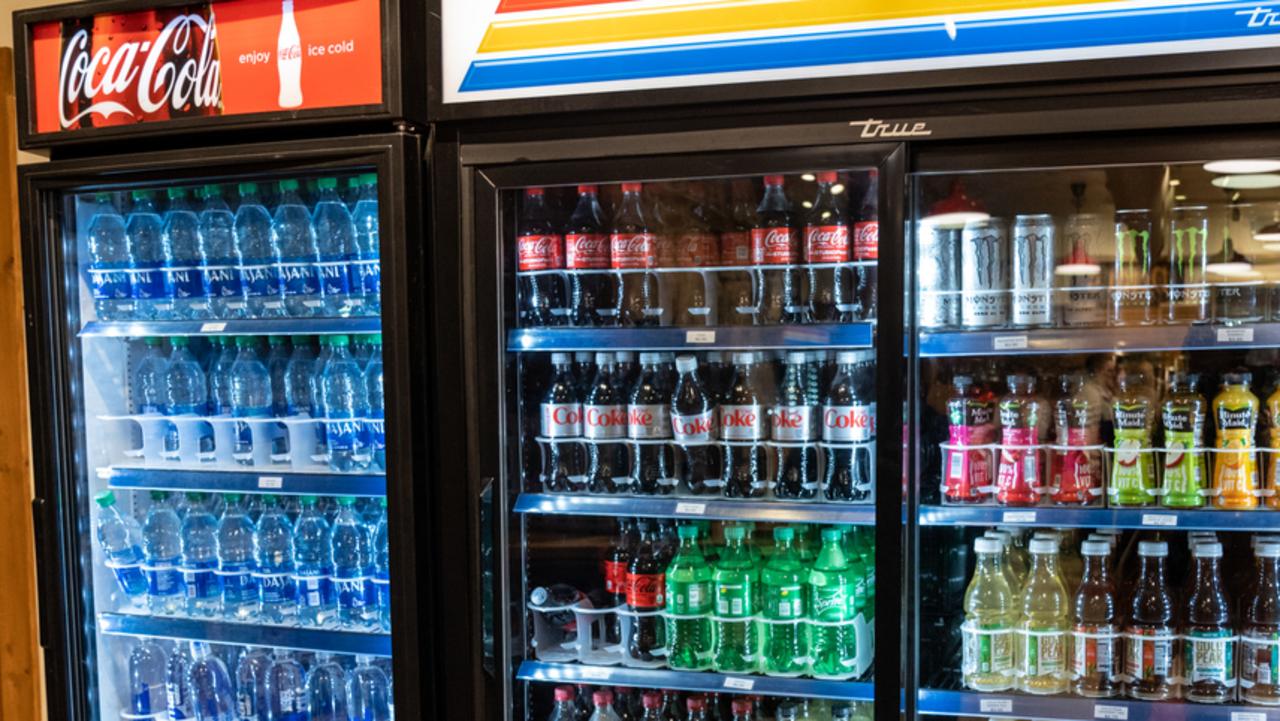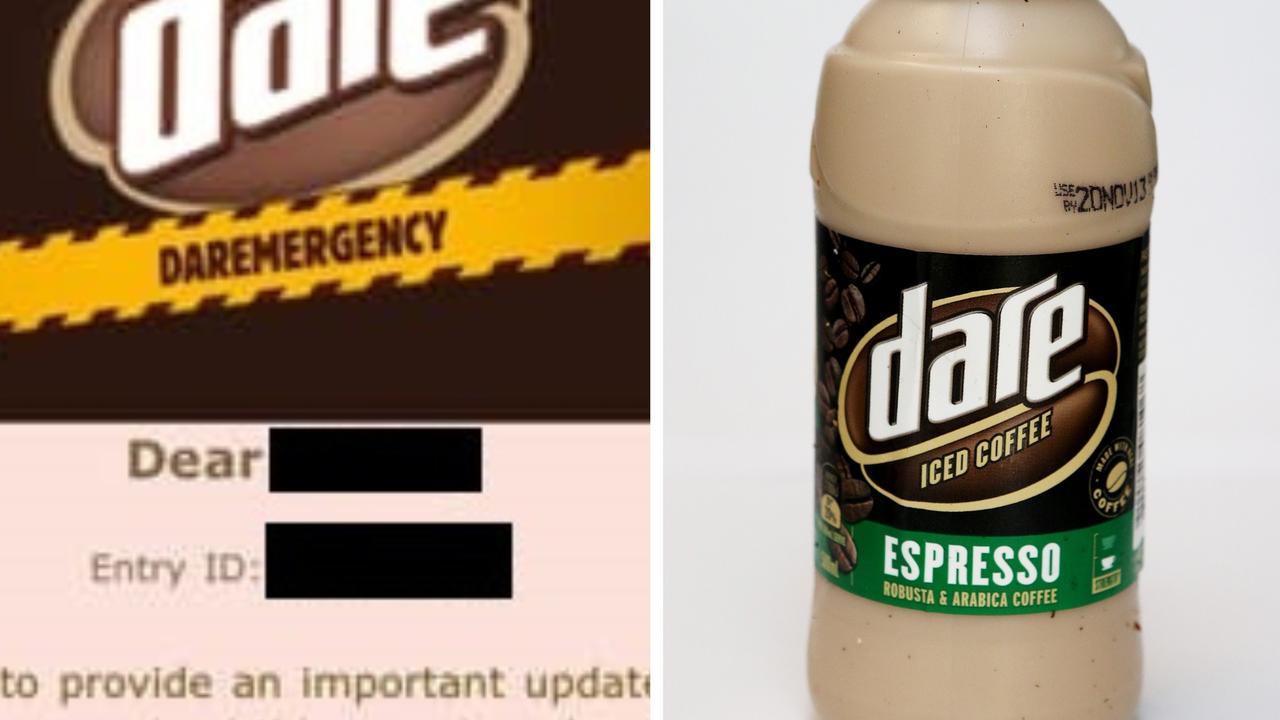New study reveals why diet cola could increase your risk of death
A new study has unveiled some extremely worrying statistics for the health of diet cola drinkers.

With many Australians more health-conscious than ever before, sugar-free food and drink products have been soaring in popularity.
Supermarket shelves are lined with ‘diet’ and ‘lite’ options of our favourite beverages – but are we really making the right choice by opting for the seemingly “healthier” option?
A new study claims that diet cola drinks may actually be just as bad – if not worse – for you than a good old fashioned “normal” cola.
Scientists at the French National Institute for Health say consumers should not assume that drinks with artificial sweeteners are a safe swap for sugar.
In a trial published in the British Medical Journal, which spanned 12 years and involved 103,000 people, researchers found that total artificial sweetener intake was associated with increased risk of fatal conditions such as heart disease and stroke.
Want to stream your news? Flash lets you stream 25+ news channels in 1 place. New to Flash? Try 1 month free. Offer ends 31 October, 2022 >

According to the study, less than a can a day could be enough to cause serious health damage.
“The findings from this large scale prospective cohort study suggest a potential direct association between higher artificial sweetener consumption (especially aspartame, acesulfame potassium and sucralose) and increased cardiovascular disease risk,” wrote Dr Mathilde Touvier, lead author on the study.
“Artificial sweeteners are present in thousands of food and beverage brands worldwide.
“However, they remain a controversial topic and are currently being re-evaluated by the European Food Safety Authority, the World Health Organisation and other health agencies,” she wrote.
The study reported that 77.6mg of sweetener per day was the average for a “high consumer” and 7.5mg per day was low.

An average diet soft drink contains 42mg per 100ml, so around 140mg per can.
This would mean that as little as half a can of diet cola could have negative effects on health.
The data collected from 130,000 French citizens found that a third of people consume sugar-free alternatives – which contain aspartame, sucralose and acesulfame potassium – regularly.
“The harmful effects of added sugars have been established for several chronic diseases, leading food industries to use artificial sweeteners as alternatives in a wide range of foods and beverages,” Dr Touvier said.
“These food additives, consumed daily by millions of people, should not be considered a healthy and safe alternative to sugar.”
Those consuming sweeteners above the median had a heart disease rate of 346 per 100,000 – 10 per cent higher than the average rate of 314 per 100,000 for those not consuming sweeteners.

Their stroke rate was also higher – 195 compared to 150, which is 30 per cent higher.
Many food and drink products in Australia use a range of sugar-free alternatives.
“Fizzy drinks, both sugar-sweetened and those using sweeteners, may still cause dental problems,” said the NSW Health website.
“Water is the best choice to drink. Food and drinks that contain a mixture of sweeteners and sugars are lower in sugar, but they can still contribute to excess energy (kilojoule or calorie) intake.
“It is important to remember that the use of sweeteners does not give a green light to eat or drink a product in large amounts.”
Food Standards Australia New Zealand (FSANZ) regularly reviews safety evidence and recommends a maximum level permitted in foods before approving sweeteners, and other additives, for use in Australia.






